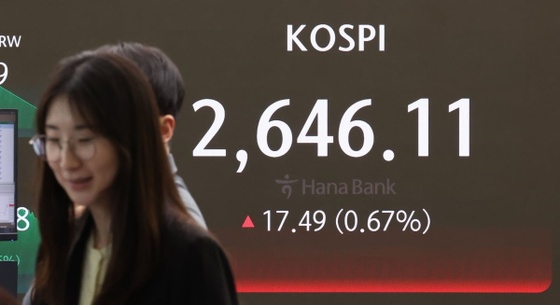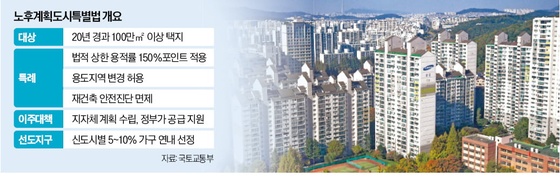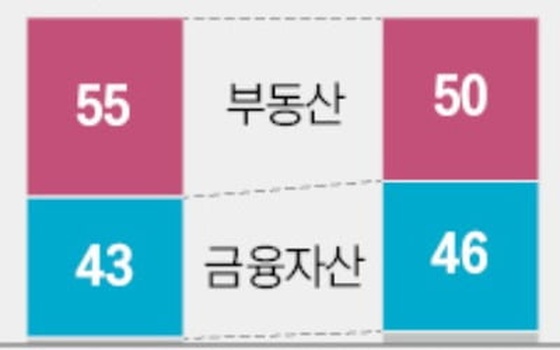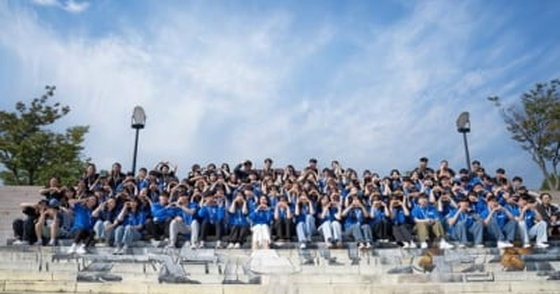[한경에세이] 아시아판 ‘셀’ 誌
나도 최고 수준의 미국 연구소에서 일한 적 있고 아직도 '셀'급 저널들에 논문 발표를 하고 있는 만큼 논문의 질을 판단하는 능력은 있다고 자부한다. 그리고 미국의 주요 대학이나 연구기관에서 나오는 연구논문의 전반적인 우수성을 인정한다. 그러나 그렇지 못한 것들도 많다. 동료 심사를 바탕으로 하는 학술지는'신용평가기관'과도 같다. 이들 대부분은 보스턴 지역에 본부를 두고 있고,편집장과 저명한 연구기관들은 상호 유착관계를 형성하고 있다. 과학 논문이 반드시 질로만 평가되는 것이 아니라는 뜻이다. 경우에 따라서는 수준 이하의 논문도 실린다.
하버드와 MIT는 단순한 일류 대학이 아니라 남들이 못하는 '상위의 과학'을 하는 곳으로 인식되고 있다. 물론 이러한 인식은 이들 대학이 오랜 기간 축적해 온 질 높은 연구성과의 결과다. 이러한 인식에다 이들 대학은 과학저널에 좋은 끈까지 가지고 있으니 이들의 과학적 성가는 날로 좋아질 수밖에 없다. 그래서 이들의 과학적 성가가 연구의 질과 반드시 일치하는 것은 아니다. 나의 경우만 하더라도 그렇다. 솔직히 내가 일한 미국 연구소에서 나의 연구성과는 별로 내세울만한 게 없다. 그런데도 많은 사람들은 나의 이력서에서 유독 그 경력을 중시한다. 나의 연구업적보다는 그 연구기관의 명성 때문이 아닌가?
사실 서울대와 같은 일류 대학들도 하버드,MIT의 브랜드 이미지나 신화와 경쟁하기 어려울 것이라는 점을 잘 이해하고 있다. 과학지식과 정보,그리고 혁신이 가장 중요한 경쟁요소가 되는 지식사회에서 MIT,하버드는 세계의 과학표준과 '과학적 화폐'(가치 기준)를 지배하는 '과학의 중앙은행'으로 변신한지 오래다. 성체 줄기세포가 좋은 예다. 오늘의 성체줄기세포 기술이라는 것이 바로 일본 과학자의 원논문을 하버드대에서 가져다 약간 수정한 것 아니던가. 그럼에도 이제 일본의 원저자를 얘기하는 사람은 없다. 모두 하버드다. '과학 신용평가기관'인 과학저널에 의해 지원을 받고 있기 때문이다. 그러니 성체줄기세포와 관련된 벤처자본,로열티,제약 투자는 일본이 아니라 하버드로 갈 것이 뻔하다.
그렇다면 어떻게 대응해야 하나? 먼저 하버드나 MIT의 과학적 명성에 대한 맹신을 버려야 한다. 그리고 이제 아시아판 과학저널,즉 '과학 신용평가기관'을 만들 필요가 있다. 이 지역 과학자들이 같이 힘을 합하고 엄격한 질적 수준을 지켜 나간다면 성공할 수 있다. '과학 신용평가기관'이 공정해야 지식기반경제에서의 경쟁도 공정해진다.
울프 네바스 < 한국파스퇴르연구소장 ulfnehrbass@ip-korea.org >
☞영문원고는 www.hankyung.com에서 볼 수 있습니다.
###
Asia needs to start its own scientific journals
By Ulf Nehrbass, CEO of Institut Pasteur Korea,
ulfnehrbass@ip-korea.org
My recent cold seems to be fully gone, as my thoughts on essay-topics invariably gravitate back towards the "c-word"; competition. The trigger this time is a little different, an article I have read in the New York Times heralding yet another scientific break through of Harvard and MIT. I then went on to read the original article published in the top scientific journal Cell, and felt taken aback; The work was somewhat "sub-prime". So what, you may think! So what? Well, maybe it's worth another look;
Just to make sure to the reader, having worked in top academic research in the US and still publishing in the equivalent journals, I feel competent to judge what I see. And what I see coming out of the American academic juggernauts is mixed. A lot of work is very good, for sure, but a lot of it simply isn't. But how can outsiders tell? Imagine big peer-reviewed scientific Journals as "rating agencies". Many of them are in the Boston area, and the editors in Chief and the big laboratories are locked in mutual dependence. Quality is not the only criterion that helps science being published and promoted then even if it simply isn't up to standard.
But beyond the concrete cases of individual laboratories and projects, Harvard and MIT, as a whole, have long detached from just being excellent Universities to conducting some form of "Ueber-Wissenschaft". It is the result of decades of outstanding successes, which has been engrailed onto everybody's mind creating a collective perception of scientific superiority. Together with easy access to top science journal an image of infallibility begins to build, that actually re-enforces itself. In this environment scientific success can begin to sever the umbilical cord to scientific quality. And although not in all cases, it does so with increasing frequency. From my own personal experience, for example, my work at a top US laboratory was less exciting and a lot more average than what I did before or have done after. But regardless, the impact of this part of my work has remained defining.
What is the fallout of that? Until recently I really did not care too much. On a personal level I have come to accept that my US colleagues' solid work often comes with a good whiff of academic narcissism. On an institutional level I guess we all understand that universities like, say SNU, cannot compete with the image or the myth of the Harvard brand. But since the Wall Street banking crisis and failure of top US institutions I have started to wonder about our reflexive acceptance of quality and superiority of US Academia. Maybe it is not all that benign; After all, in our industrialized nation where knowledge and innovation are the most precious raw materials, places like MIT and Harvard transmogrify into an international 'mint', defining the standards and the currency of science world-wide. To my mind comes for example the work on adult stem cells; The original brilliant papers from a Japanese lab were eventually copied and modified in Harvard. Today, as the Japanese contribution has been largely eclipsed, all the talk is about Harvard, supported of course by the scientific journals, the rating agencies of the business. Needless to say, that the VC money, the patents and the Pharma investment on adult stem cells will likely end up in Harvard, not Japan.
What can we do about this? We should start by shedding our na?ve attitudes of academic worship. More importantly though, Asia has to start its own scientific journals. This can be achieved by cooperation in the region, funding, patience and rigorous quality standards. Without unbiased "rating agencies" competition between knowledge economies cannot be fair.
-
기사 스크랩
-
공유
-
프린트
![[이소연의 시적인 순간] 사랑, 나보다 더 늦은 사람에 대한](https://img.hankyung.com/photo/202404/01.36539730.3.jpg)
![[한경에세이] 예술, 환경에 어떤 영향 미칠까](https://img.hankyung.com/photo/202404/07.36065943.3.jpg)
![[이소연의 시적인 순간] 사랑, 나보다 더 늦은 사람에 대한](https://img.hankyung.com/photo/202404/07.29648277.3.jpg)


![월가 "인텔 망가졌다"…구글 9년 만에 최고의 날 [글로벌마켓 A/S]](https://timg.hankyung.com/t/560x0/photo/202404/B20240427071917087.jpg)








